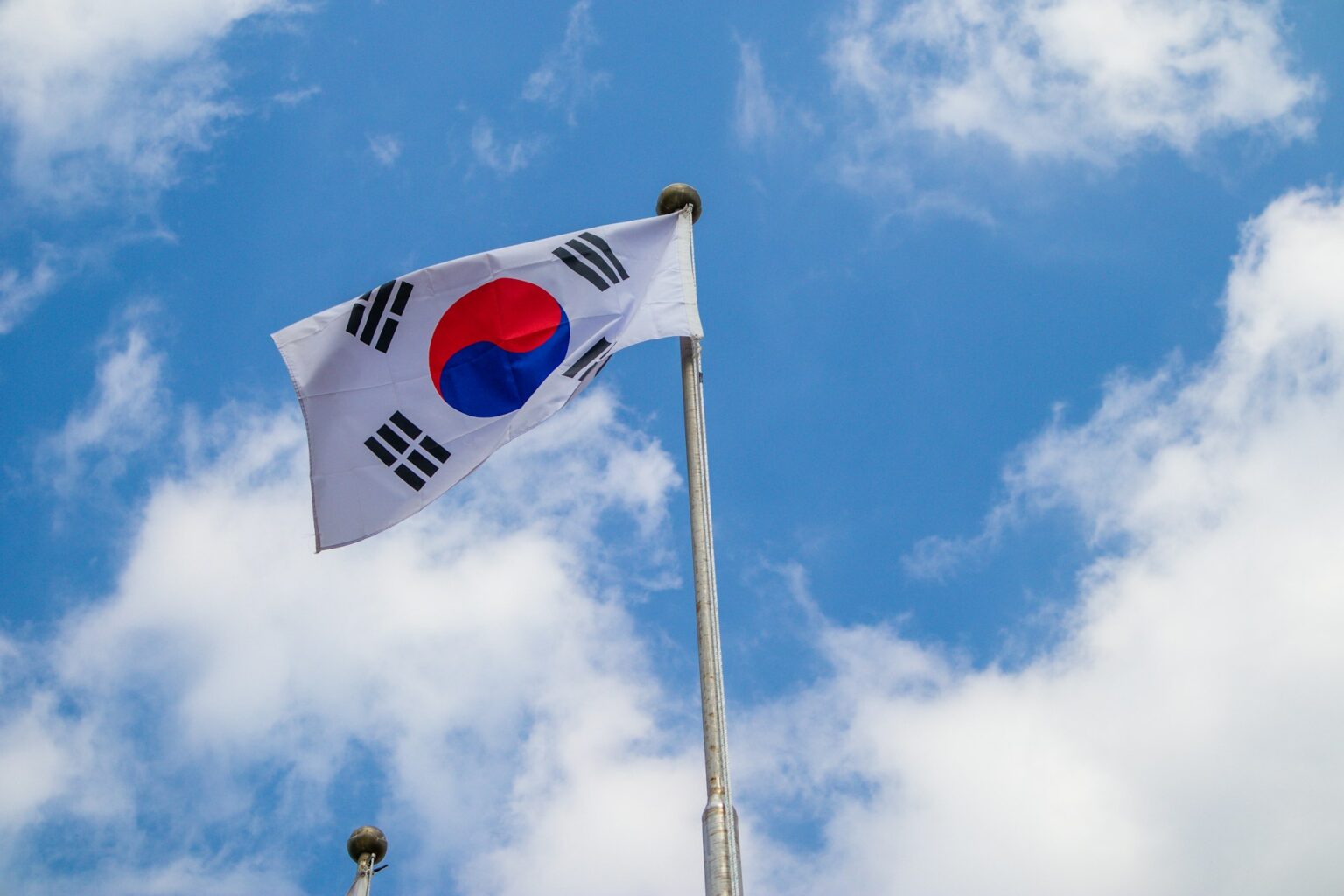In the rapidly evolving landscape of digital finance, innovations continue to transform traditional banking and the broader global economy. Among these groundbreaking developments is the introduction of a stablecoin tied to the South Korean Won, marking a significant milestone in the cryptocurrency and financial sectors. This collaboration between a leading digital asset custodian and a major banking institution not only exemplifies technological progress but also reflects the increasing convergence between traditional finance and blockchain technologies.
The Launch of South Korea’s First Won-Pegged Stablecoin on Avalanche
The recent advent of a South Korean won-backed stablecoin, KRW1, showcases the potential of blockchain technology in financial services. This pioneering initiative by BDACS, in partnership with Woori Bank, leverages the Avalanche blockchain to introduce a secure and efficient digital asset. Initially operating in a pilot phase, each KRW1 token is securely backed at a 1:1 ratio with won reserves held in escrow by Woori Bank, ensuring robust financial integrity and user confidence.
BDACS aims to utilize KRW1 as a cost-efficient medium for public-sector disbursements, such as emergency relief payouts, significantly reducing transaction fees. The stablecoin is anticipated to become a technical standard in Korea, gearing up for the forthcoming regulatory framework that will further cement its role in the nation’s digital economy.
With advanced protocols for issuance, management, and transaction verification, KRW1 is poised to serve a broad network of corporate, institutional, and public-sector clients. BDACS CEO Harry Ryoo highlighted the stablecoin as a transformative asset, pivotal to the company’s vision of strengthening the digital asset infrastructure.
The Anticipation of Regulatory Framework in South Korea
The launch of KRW1 precedes the much-anticipated regulatory guidelines from South Korea’s Financial Services Commission (FSC), expected to be unveiled early next quarter. This framework is eagerly awaited by the financial sector, set to formalize the issuance and distribution of won-backed stablecoins. The Democratic Party of Korea has indicated that a related bill will be presented to the National Assembly, with the FSC actively shaping digital asset legislation through its Virtual Asset Committee.
In recent months, various legislative proposals have emerged, including rival bills from Korea’s ruling and opposition parties, signifying a robust legislative environment. These proposals, such as the “Act on the Issuance and Distribution of Value-Stable Digital Assets” and the “Digital Assets Basic Act,” aim to structure the stablecoin regulatory landscape.
Banks face critical decisions with potential scenarios allowing non-bank entities to issue stablecoins, and prominent financial institutions are exploring partnerships with global stablecoin pioneers like Tether and Circle. Discussions between major Korean banks and key figures from these companies highlight the strategic importance of stablecoin integration.
FAQs About the South Korean Won-Pegged Stablecoin
What is the key advantage of the KRW1 stablecoin?
The KRW1 stablecoin provides a stable digital currency option tied to the South Korean Won. Its main advantage lies in offering a lower-cost solution for public-sector transactions, including emergency fund disbursement, by minimizing processing fees.
How will the upcoming regulatory framework impact stablecoins in South Korea?
The forthcoming regulatory framework is expected to establish clear guidelines for stablecoin issuance and distribution, promoting greater transparency and security in the digital asset space. It will likely encourage further adoption and integration of stablecoins into traditional financial systems.
Are South Korean banks involved in stablecoin development?
Yes, major South Korean banks are actively engaging with international stablecoin issuers and exploring partnerships to integrate stablecoin technologies within their operations, highlighting the strategic importance of this technology in modern finance.
What role does the Avalanche blockchain play in the KRW1 stablecoin initiative?
The Avalanche blockchain provides a highly efficient and scalable platform for the KRW1 stablecoin, enabling quick and secure transactions. Its advanced capabilities ensure that the stablecoin can handle large volumes of transactions with minimal latency and cost.
Through these initiatives, South Korea continues to position itself at the forefront of digital financial innovation, bridging the gap between traditional banking practices and cutting-edge blockchain technologies.

